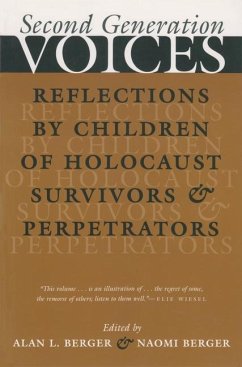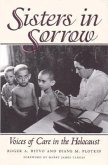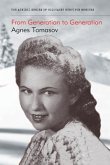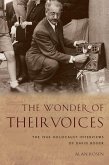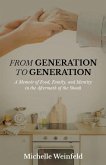Descendants of Holocaust survivors and perpetrators offer profound insights into the intergenerational impact of their legacy and the second generation's role in shaping memory of the Shoah. Heirs to the legacy of Auschwitz, the children and grandchildren of Holocaust survivors and perpetrators have always been thought of as separated by fear and anger, mistrust and shame. This groundbreaking study provides a forum for expression in which each group reflects candidly upon the consuming burdens and challenges it has inherited. In these intensely personal and frequently dramatic pieces, understandable differences surface. The Jewish second generation is unified by a search for memory and family. Their German counterparts experience the opposite. Yet surprising common ground is revealed. Each group emerges out of households where, for vastly different reasons, the Holocaust was not mentioned. Each struggles to break this barrier of silence. Each has witnessed the continued survival of parents and must grapple with living in households haunted by denial. And each knows it is his or her charge to shape the Holocaust for future generations. To be sure, there is disagreement among the groups about the need for -- or wisdom of -- dialogue. Yet Second Generation Voices boldly engenders authentic grounds for discussion. Issues such as guilt, anger, religious faith, and accountability are explored in deeply felt poems, essays, and narratives. Jew and German alike speak openly of forming and affirming their own identities, reconnecting with roots, and working through their own "psychological Holocaust".

